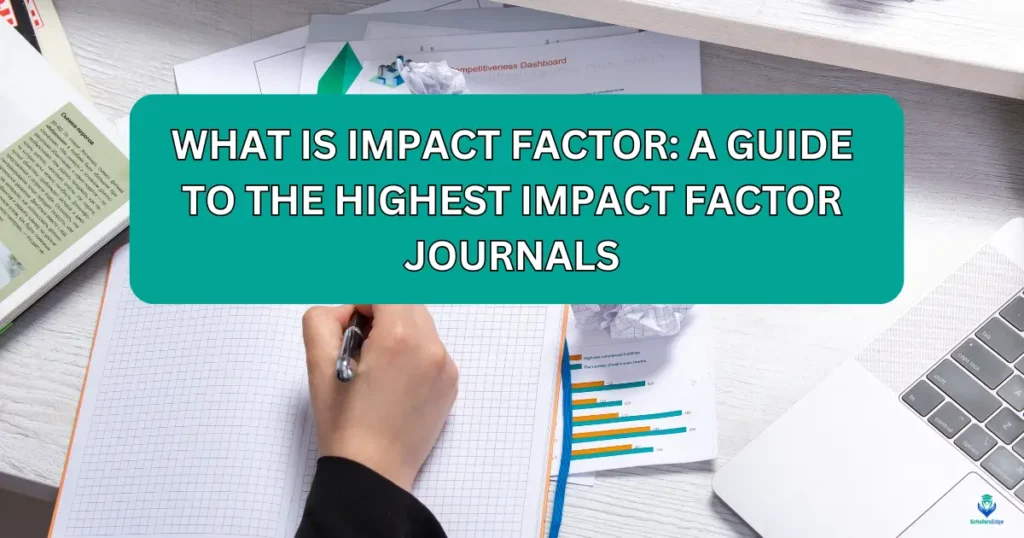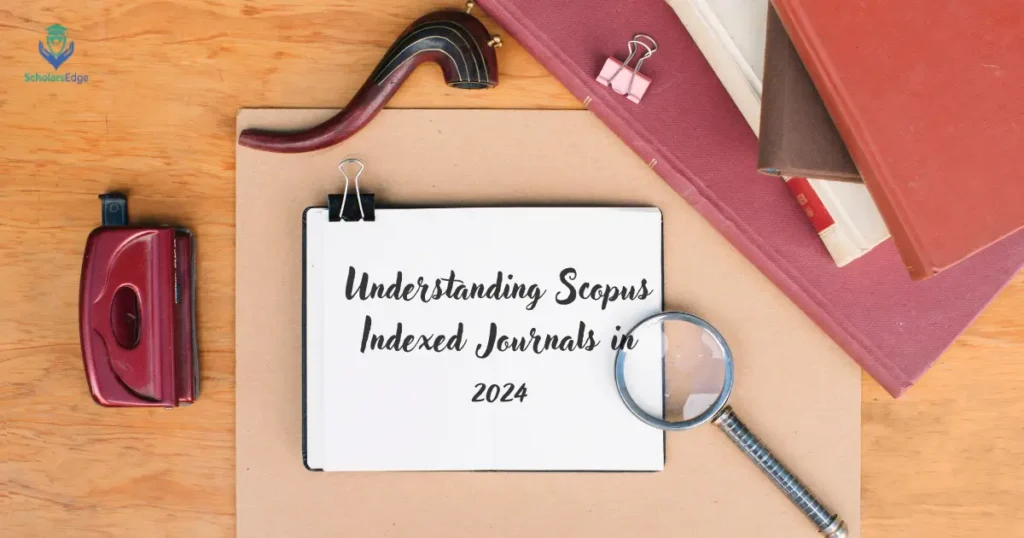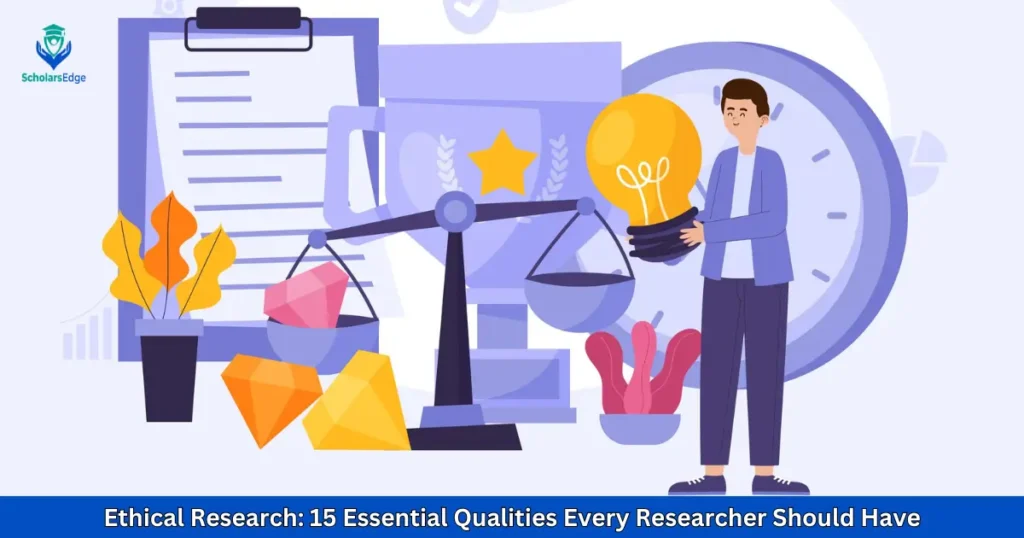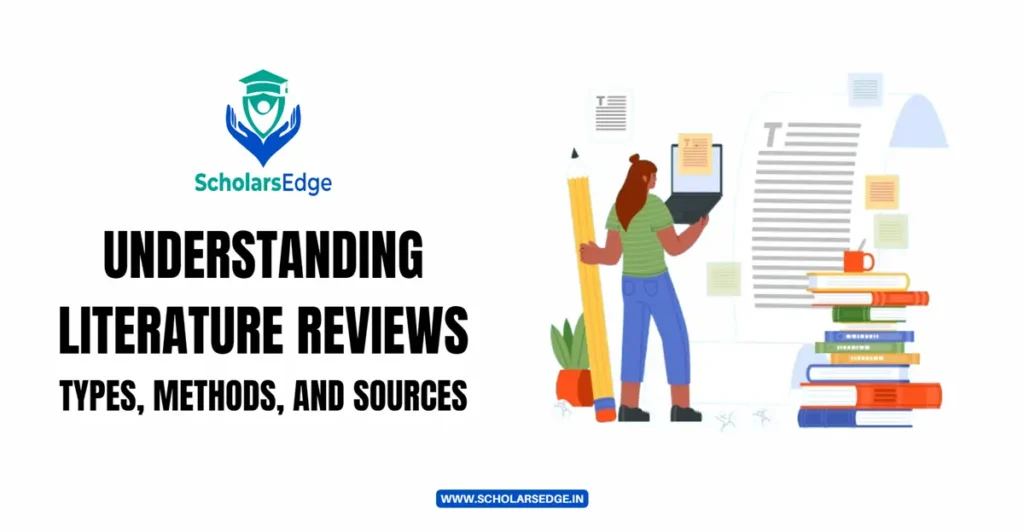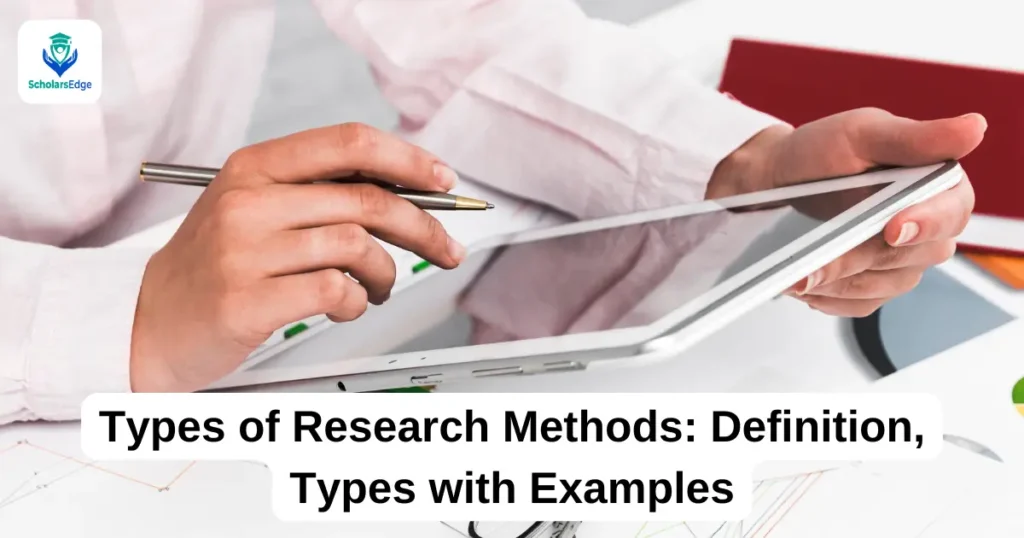What is Impact Factor: A Guide to the Highest Impact Factor Journals
1. Introduction In academic publishing, the journal impact factor, such as for Scopus-indexed journals, plays a crucial role in measuring the quality and influence of research. Researchers, authors, and institutions often rely on impact factor metrics to evaluate the significance of journals within a specific field. A high-impact factor can boost the reputation of a […]
What is Impact Factor: A Guide to the Highest Impact Factor Journals Read More »

